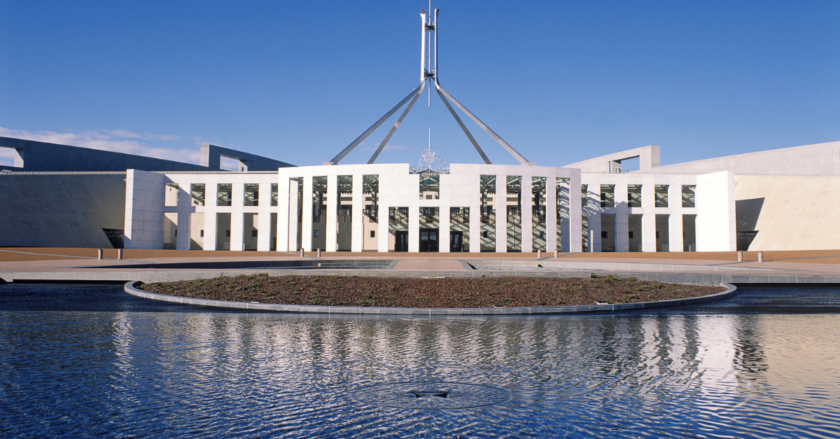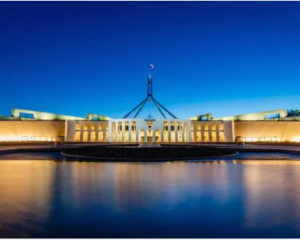Over the last week, the Victorian State and Federal Governments unveiled their budgetary blueprints for 2024. This article summarises the key highlights, providing a snapshot of how they may affect individuals and businesses.
Victorian State Budget
- Payroll Tax: The State Budget outlines an incremental increase in the tax-free threshold over the next two years:
Commencing 1 July 2024 — from $700,000 to $900,000
Commencing 1 July 2025 — to $1,000,000.
The deduction associated with the tax-free threshold will begin phasing out for every dollar of wages above $3 million. - Commercial Property Tax Reform: A significant reform in the State Budget is the transition from land transfer duty (stamp duty) to an annual property tax for commercial and industrial properties. From 1 July 2024, commercial and industrial properties will transition to the new system as they are sold, with the annual property tax payable from 10 years after the transaction. The annual property tax for commercial and industrial property will be 1 per cent of the property’s unimproved land value.
Federal Budget
Individuals
- Stage 3 Tax Cuts: The Government reiterated its earlier reforms to the Stage 3 tax cuts, but no new developments were announced last night. The Stage 3 tax cuts decreased the 19% tax rate to 16% and the 32.5% tax rate to 30%. They also raised the 37% tax rate threshold from $120,000 to $135,000 and the 45% threshold from $180,000 to $190,000.
- Extending the Personal Income Tax Compliance Program: An extension of the Tax Compliance Program until July 2027 signals continued vigilance against non-compliance, including deductions related to emerging risks such as short-term rental properties. Even if you have done nothing wrong, you may still be audited or investigated by the ATO, so we strongly encourage all clients to opt into our Audit Management Service.
SMEs
- Extension of Instant Asset Write-Off: Although legislation for last year’s 12-month extension to the instant asset write-off is still pending, this year’s budget proposes another extension. This initiative will permit Australian businesses with annual turnovers under $10 million to claim an immediate tax deduction for asset purchases up to $20,000.
- Energy Bill Relief: The Government plans to allocate $3.5 billion over three years to extend and enhance the Energy Bill Relief Fund. This extension aims to offer annual rebates of $300 to all Australian households and $325 to eligible small businesses on their 2024–25 bills to help ease the cost-of-living burden. These annual rebates will be paid quarterly.
- Changes to BAS Refunds Notifications: To manage peak fraud events, the Federal Budget has stated that they will change the mandatory notification period when the ATO intends to retain a business activity statement (BAS) refund for further investigation from 14 days to 30 days. If the ATO delays payment to businesses, interest will be paid.
Superannuation
- Super Contributions on Commonwealth Parental Leave Pay Scheme: The Australian Government announced its commitment to include superannuation contributions on the Commonwealth Parental Leave Pay scheme. The latest Federal Budget for 2024 confirmed that this reform will commence as of 1 July 2025, with an expected cost of $1.1 billion over four years. This announcement is a significant win in the ongoing battle to close the gender super gap.
- Payday Super: In the previous Federal Budget, the Government announced new payday super reforms. The Government was expected to release the final design of payday super in the latest Federal Budget. However, no announcement was made. These proposed reforms are still expected to come into effect on 1 July 2026.
Any Questions? Please Contact Your Morrows Advisor
Our Morrows One Team takes a multidisciplinary approach to business and wealth, helping our clients align their strategic and personal goals. If you have any questions relating to the State or Federal Budget and its impact on you or your business, please contact your Morrows advisor at 9690 5700.





